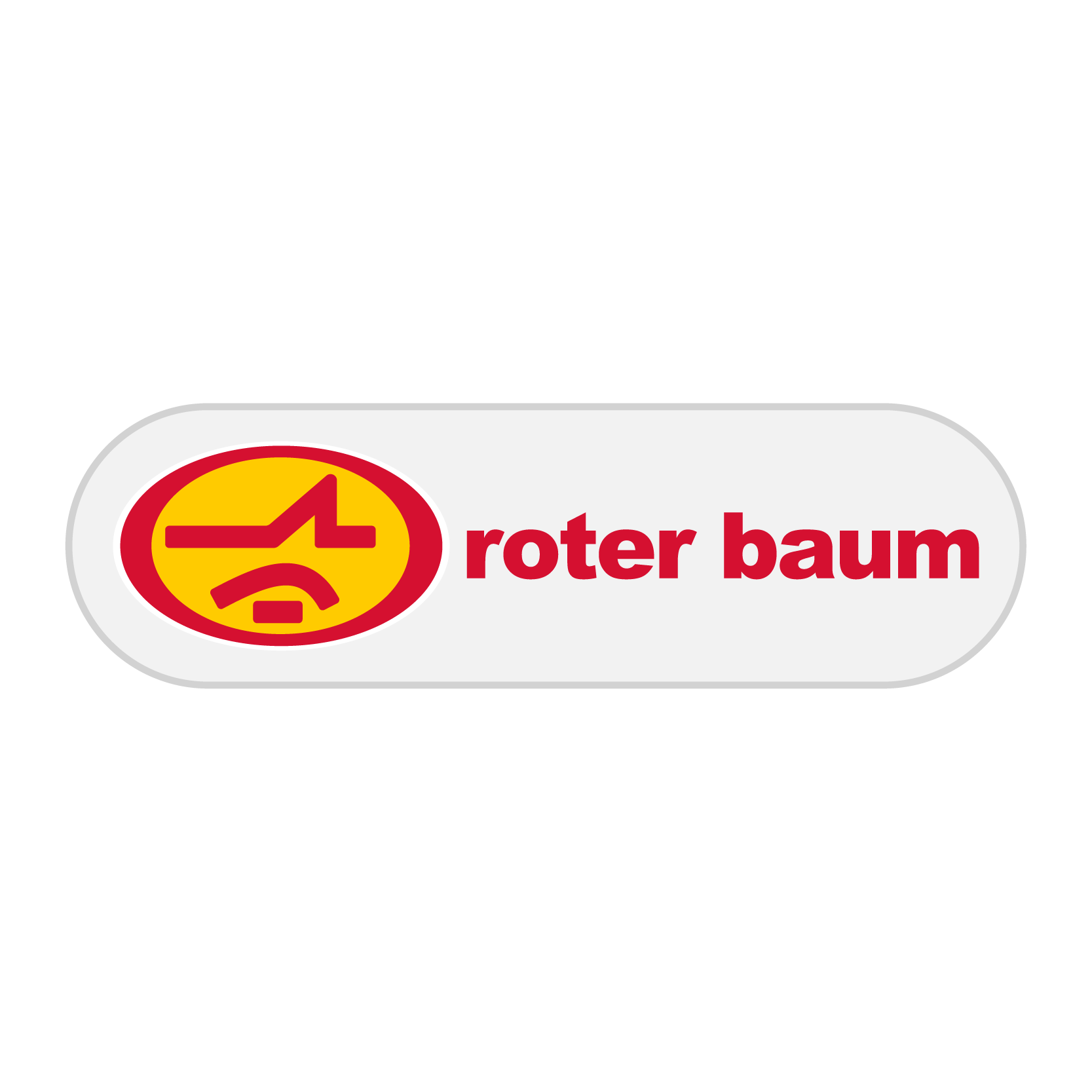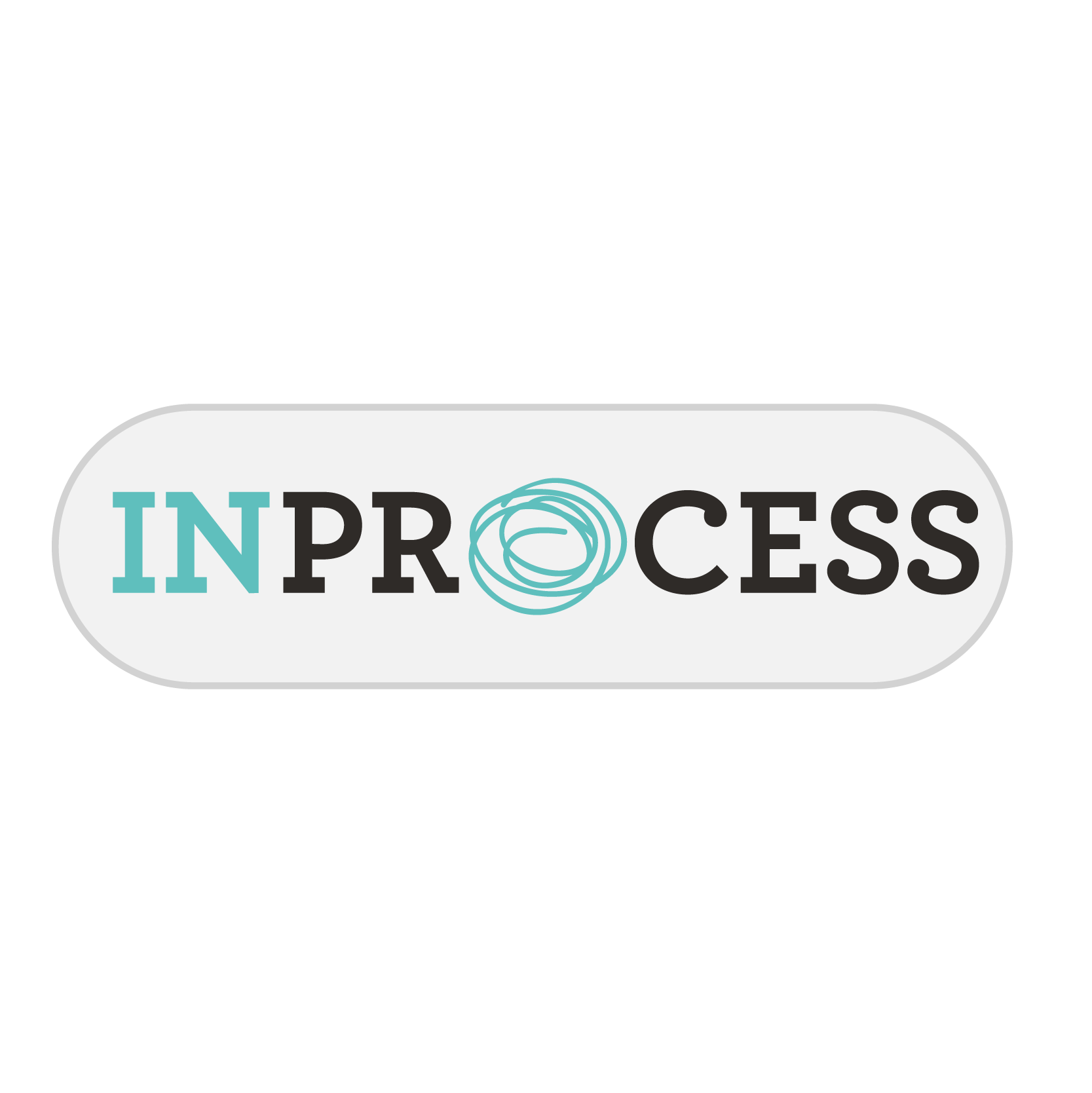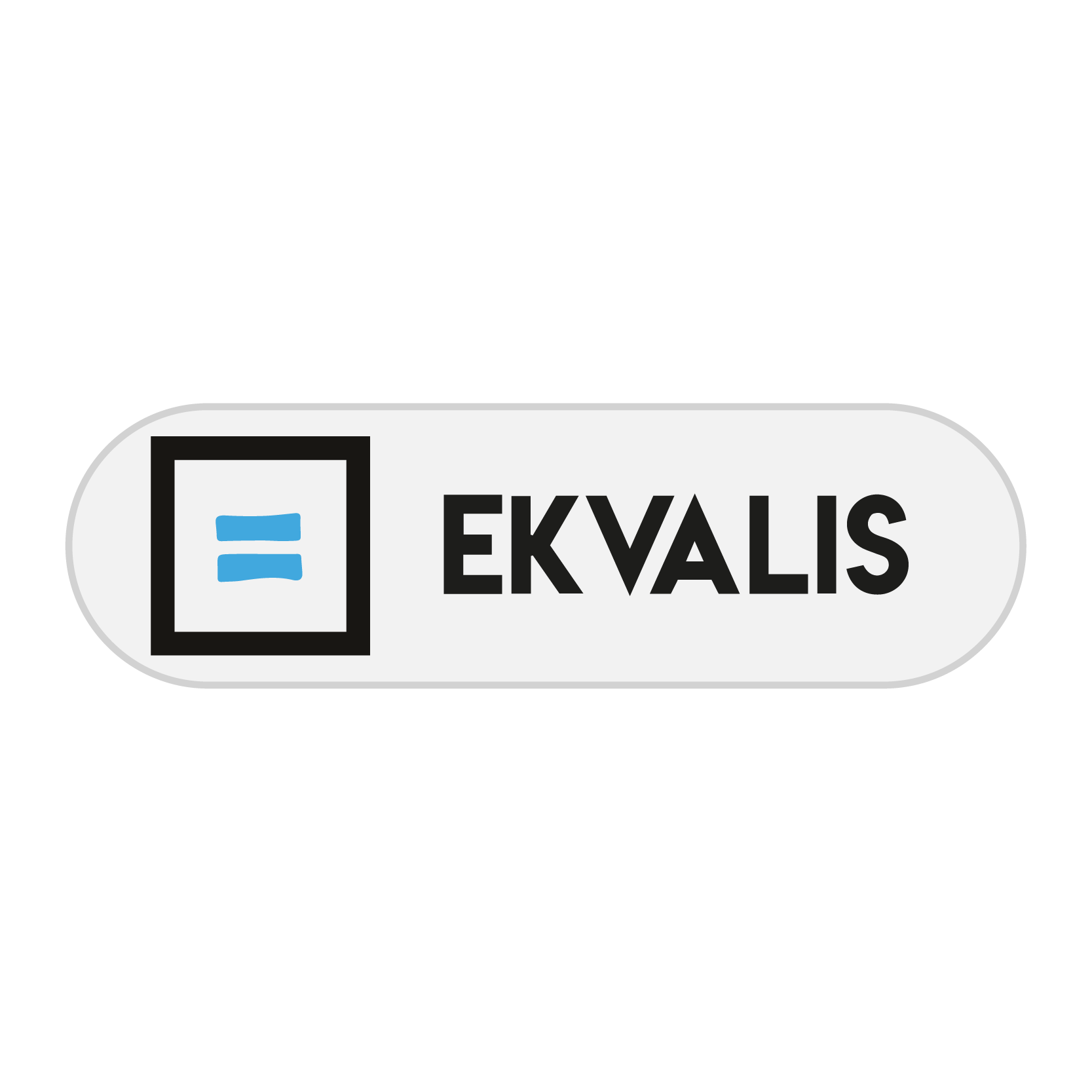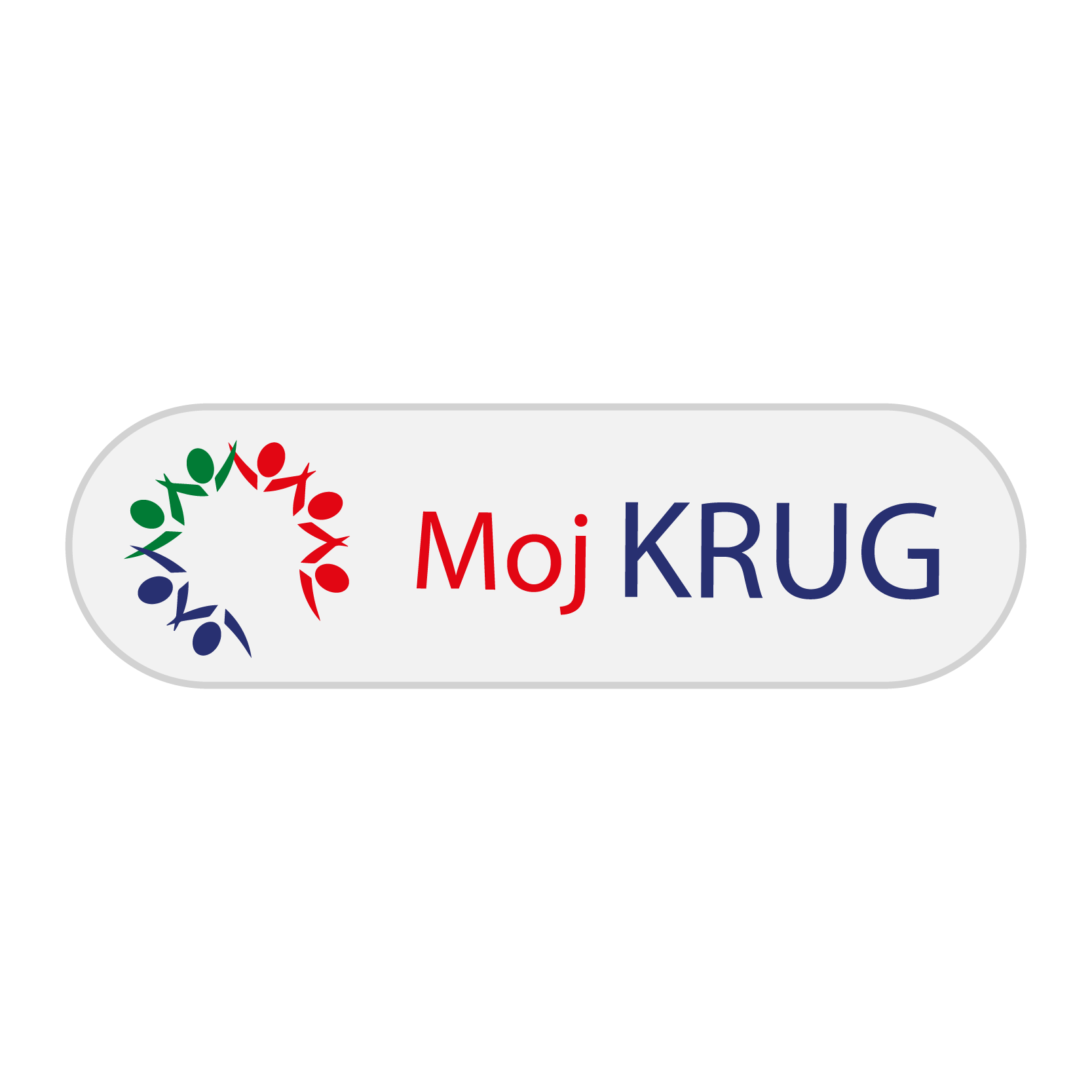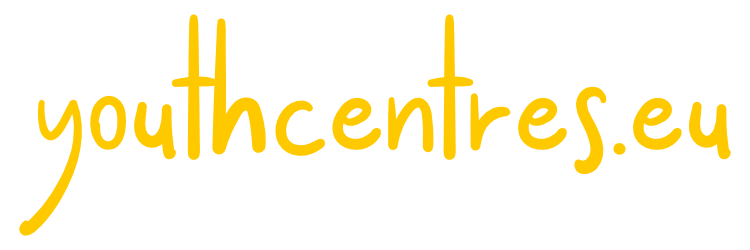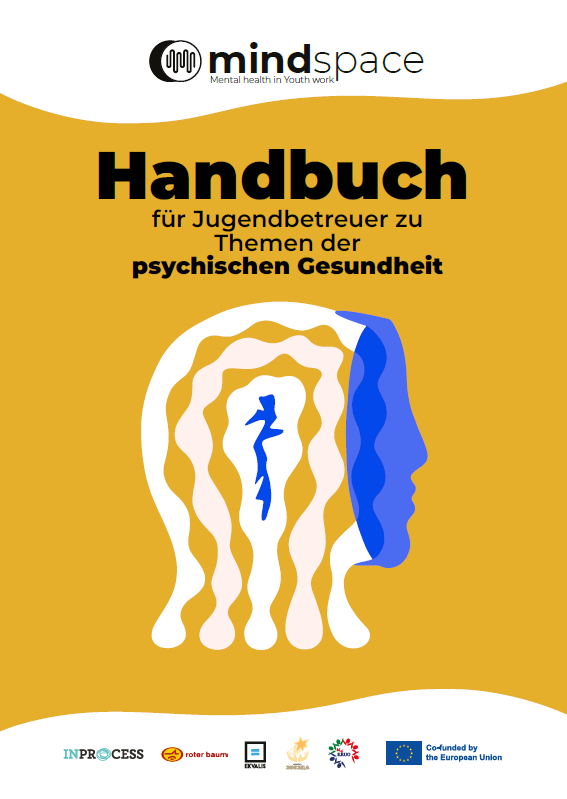MINDSPACE.
A comprehensive guide for youth workers to support Mental Health in Youth Work.
About the project
MINDSPACE: MENTAL HEALTH IN YOUTHWORK
Mindspace addresses the mental health challenges faced by young people, with a particular focus on those most at risk. Despite growing public and professional awareness, many young people still encounter significant barriers to accessing support, while youth organizations often lack the resources or expertise to provide consistent help. The project was created to bridge this gap by equipping youth workers, mentors, and educators with practical tools, knowledge, and accessible approaches. Through community-based activities, training opportunities, and awareness-raising initiatives, Mindspace promotes a sustainable model of support that can be effectively implemented even by non-professionals.
PROJECT GOALS
The main goal of Mindspace is to develop a solid, evidence-based program that can be easily adopted by youth workers and mentors within youth organizations. The project aims to strengthen the capacity of those working with young people by offering targeted training and practical tools to address mental health issues with confidence and care. At the same time, Mindspace seeks to gain a deeper understanding of the specific needs, challenges, and barriers faced by at-risk youth, in order to design more effective responses. Another key objective is to foster collaboration between non-professional youth workers and mental health specialists, building synergies that enhance the impact of support initiatives. Finally, the project aims to raise awareness of the importance of mental health in youth work and to promote accessible, community-based models of care rooted in local contexts.
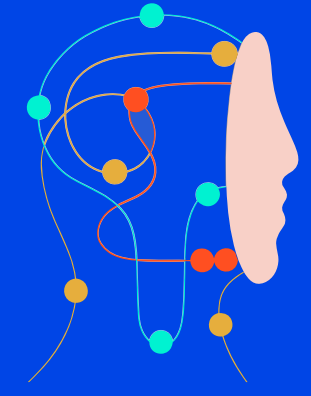
Project Results
Community-based Reasearch
- Conducted six focus groups (three with young people, three with youth workers) in Germany, North Macedonia, and Serbia to identify needs and challenges related to youth mental health.
- Developed two comprehensive questionnaires (one for young people, one for youth workers) in German, Serbian, and Macedonian, reaching 167 respondents (88 youth workers/mentors/leaders and 79 young people aged 18–26).
Youth Workers Training
- Held a training session in Sremski Karlovci for youth workers, mentors, and peer leaders from Serbia, North Macedonia, Germany, Spain, and Italy.
- The training introduced the Mindspace methodology, which includes 10 workshops covering 5 key mental health topics relevant to youth.
- Focus areas included mental health concepts, common youth mental health challenges, practical tools, and building participants’ knowledge, skills, and communication strategies.
- The training outcomes and participant evaluations informed the finalization of the Mindspace handbook, ensuring that the program is practical, adaptable, and evidence-based.
Pilot Implementation
Workshops implemented with young people within participants’ organizations to gather additional insights before the official program release.
Handbook
A comprehensive guide for youth workers to support mental health in youth work settings, based on both theoretical foundations and practical experiences from the project.
Enhanced Capacity of Youth Workers:
- 17 participants improved their training skills, mental health knowledge, and ability to communicate effectively with young people.
- Youth workers gained new tools to implement mental health programs within their organizations and train others in their networks.
Project Partners
Partners
The partners in this project are: Roter Baum (Berlin, Germany), Ekvalis (Skopje, North Macedonia), Moj Krug (Belgrade, Serbia), Centar Zvezda (Belgrade, Serbia), Inprocess (Project coordination and training leadership).
Donator
The project “Mindspace. Mental Health in Youth Work” is co-funded by the EU Erasmus + Programme of the European Union – EU. Views and opinions expressed are however those of the author(s) only and do not necessarily reflect those of the European Union or Jugend für Europa – Nationale Agentur. Neither the European Union nor the granting authority can be held responsible for them.
Project nr. 2022-3-RS01-KA210-YOU-000097707
![]()
Contacts
Project Coordinator – Ana Milak – E-mail: anamilak@inprocess.rs

